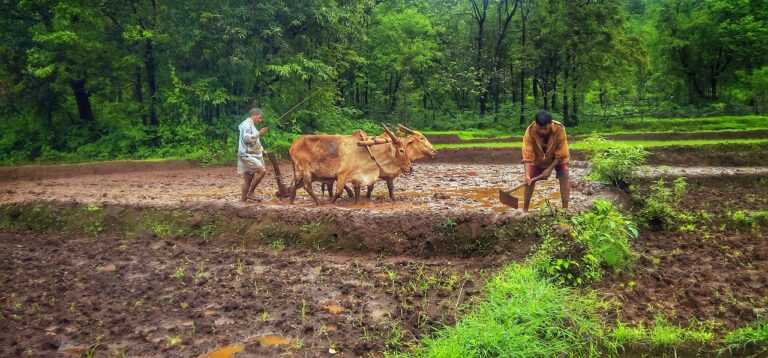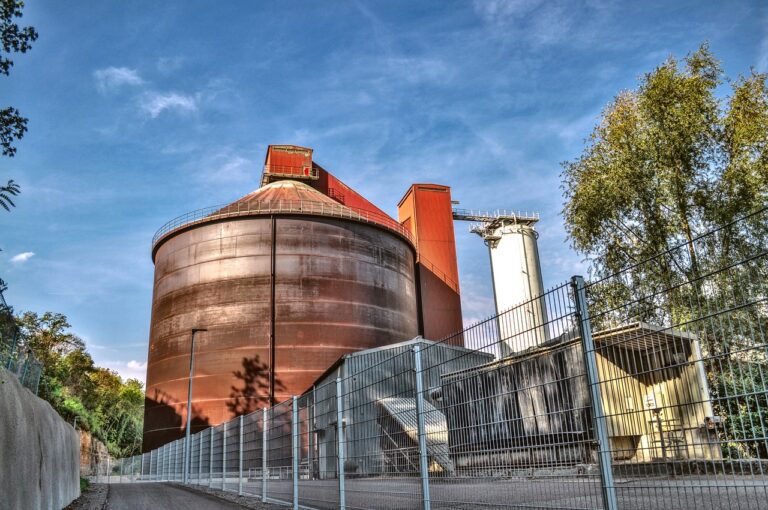Election Day Logistics: Coordinating Poll Worker Training
Election Day is a crucial event in any democratic society, and the logistics behind it play a significant role in ensuring a smooth and fair voting process. One crucial aspect of these logistics is coordinating poll worker training. Poll workers are essential to the functioning of polling stations on Election Day, as they help maintain order, assist voters, and ensure that the voting process runs smoothly. In this article, we will explore the importance of poll worker training, the key steps involved in coordinating it, and some best practices to ensure a successful training program.
The Importance of Poll Worker Training
Poll workers play a vital role in the electoral process by ensuring that voting procedures are followed correctly and that all eligible voters have the opportunity to cast their ballots. Without well-trained poll workers, polling stations can face confusion, delays, and even disenfranchisement of voters. Poll worker training is essential to ensure that all workers are familiar with their duties and responsibilities, as well as with relevant laws and regulations governing the voting process.
Key Steps in Coordinating Poll Worker Training
1. Recruitment of Poll Workers: The first step in coordinating poll worker training is recruiting a diverse and capable group of individuals to serve as poll workers. This may involve reaching out to community organizations, local schools, and other groups to attract a broad pool of candidates.
2. Training Curriculum Development: Once poll workers have been recruited, a training curriculum should be developed to equip them with the knowledge and skills necessary to perform their duties effectively. This curriculum should cover topics such as voter check-in procedures, ballot handling, and conflict resolution.
3. Scheduling Training Sessions: Training sessions should be scheduled well in advance of Election Day to ensure that all poll workers have the opportunity to attend. Sessions may be held in person, online, or a combination of both, depending on the size and needs of the polling station.
4. Hands-On Training: In addition to classroom instruction, poll workers should receive hands-on training at the polling station where they will be working. This allows them to familiarize themselves with the layout of the station, the voting equipment, and other important details.
5. Ongoing Support: Poll workers should be provided with ongoing support and resources throughout the training process and on Election Day itself. This may include access to a supervisor or mentor, reference materials, and a helpline for troubleshooting issues.
Best Practices for Poll Worker Training
1. Clear Communication: Ensure that all poll workers are provided with clear and detailed instructions on their duties and responsibilities, as well as on any changes to voting procedures or regulations.
2. Interactive Training: Incorporate interactive elements, such as role-playing exercises and quizzes, into the training curriculum to engage poll workers and reinforce key concepts.
3. Real-World Scenarios: Use real-world scenarios to simulate common challenges that poll workers may encounter on Election Day, such as long lines, technical malfunctions, or voter disputes.
4. Feedback Mechanisms: Establish feedback mechanisms to allow poll workers to share their experiences and suggestions for improving the training program. This feedback can help identify areas for improvement and inform future training sessions.
5. Recognition and Appreciation: Recognize the hard work and dedication of poll workers by acknowledging their efforts and providing incentives or rewards for exceptional performance.
FAQs
1. What qualifications are required to be a poll worker?
Qualifications for poll workers vary by state and locality, but generally, poll workers must be registered voters and attend a training session before Election Day.
2. How can I sign up to be a poll worker?
To sign up to be a poll worker, contact your local election office or visit their website to learn about the application process and training requirements.
3. What is the role of a poll worker on Election Day?
Poll workers are responsible for overseeing the voting process at polling stations, including checking in voters, issuing ballots, and ensuring that voting procedures are followed.
4. How can I report issues or concerns about poll worker training or conduct?
If you have concerns about poll worker training or conduct, you can contact your local election office or the state board of elections to file a complaint.
Overall, coordinating poll worker training is a critical component of Election Day logistics, and careful planning and execution are essential to ensure that poll workers are well-prepared to carry out their duties effectively. By following the key steps and best practices outlined in this article, election officials can help ensure a smooth and successful voting process for all voters.







